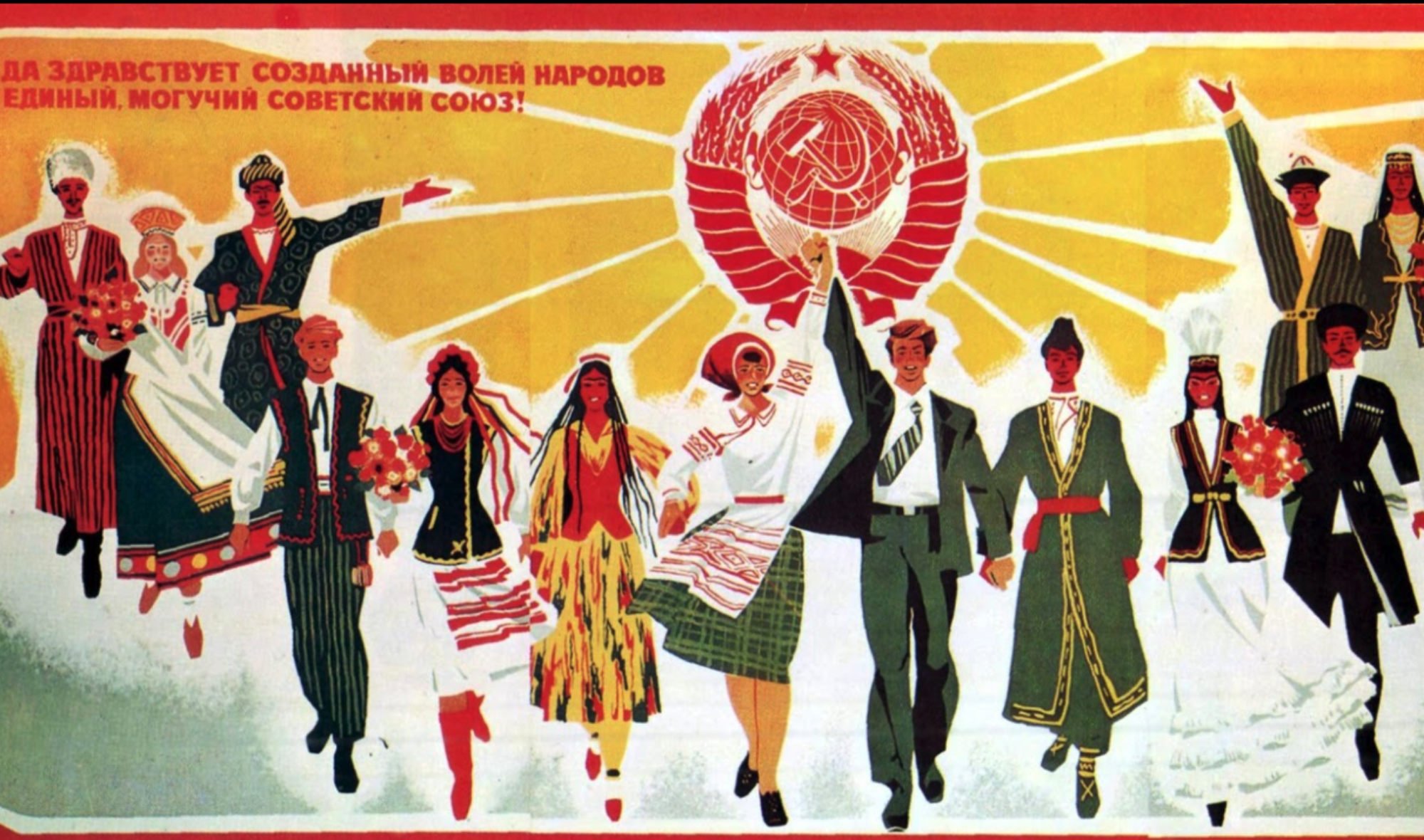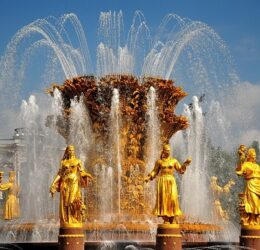Going into watching this film, I was not sure what to expect. In the opening scene when Bender pretends to be a Soviet official to get stuff from a store clerk, I was not quite sure where this film was going to go. Would it be a movie presenting order? A drama? A comedy? And although it was the latter, I was still surprised that this sort of comedy was allowed in the Soviet Union. Twelve Chairs is a very light hearted movie, yet there seem to be some clear criticisms of the Soviet Union within the plot. Such is the fact that Ippolit Vorobyaninov is even looking for the chairs in the first place. He was essentially demoted, and this fortune could be a chance to reconcile that. Moreover, the priest seems pretty corrupt. I found it to be confusing that the Soviet Union would allow a movie to exist that seems to lampoon failings in their government. However, is that maybe the point? To poke fun at the instability after the war? As this film acts as a look back into a different time, is there seperation between this story and the 1970s?


Cultural Construction in the Soviet Empire (HIS315 F20)
National in Form, Socialist in Content!
While watching The Twelve Chairs what struck me very quickly was the mocking of two different people from the old regime who the soviets would deem undesirable, these being a priest and a former member of the nobility. These two characters are made to be very easily viewed with disdain and seam to personify the greed and selfishness which the Soviets attribute to the old czarist regime. As for the criticism of the government, I think the film portrays these as individuals, and the Soviet system and ideology as a whole is righteous compared to the old regime.